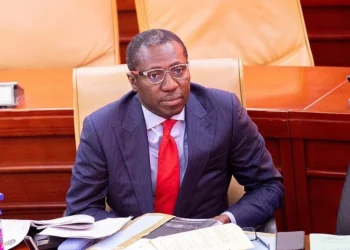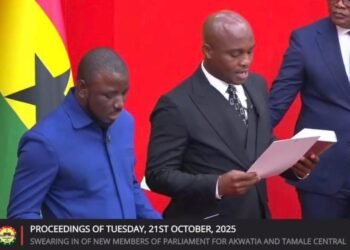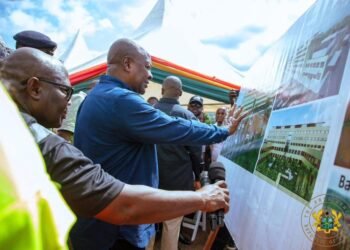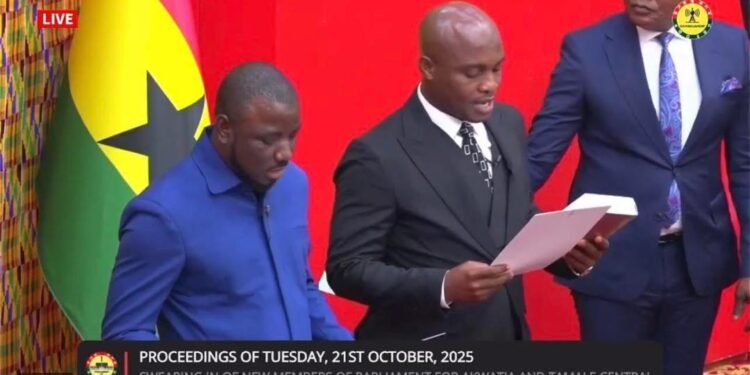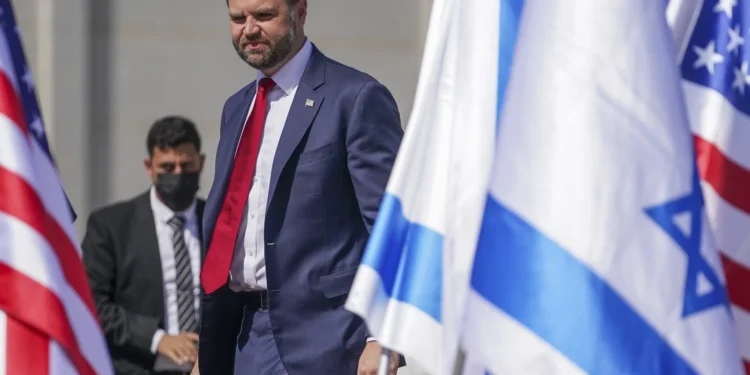In a detailed assessment of President John Dramani Mahama’s 120-day social contract on education, Africa Education Watch (Eduwatch) has rated his performance 81 out of a possible 100.
The education think-tank group commended the President for initiating major steps in his outlined policy promises while also noting critical areas that require further implementation efforts.
Kofi Asare, Executive Director of Eduwatch, released the evaluation in a comprehensive statement that tracked five key education-related pledges President Mahama made during his campaign and the early days of his bid for a return to the presidency.
The assessment was based on tangible output and implementation progress, closely mirroring the process-based nature of the promises.
A major highlight of President Mahama’s 120-day education agenda was the pledge to convene a national consultative conference on education to realign national priorities and reform strategies.
“Education Conference-National and regional conferences completed. Outstanding: Final report to be submitted by next week”.
Kofi Asare, Executive Director of Eduwatch
For this, Eduwatch scored the initiative 18 out of 20, acknowledging the substantial groundwork laid in record time.
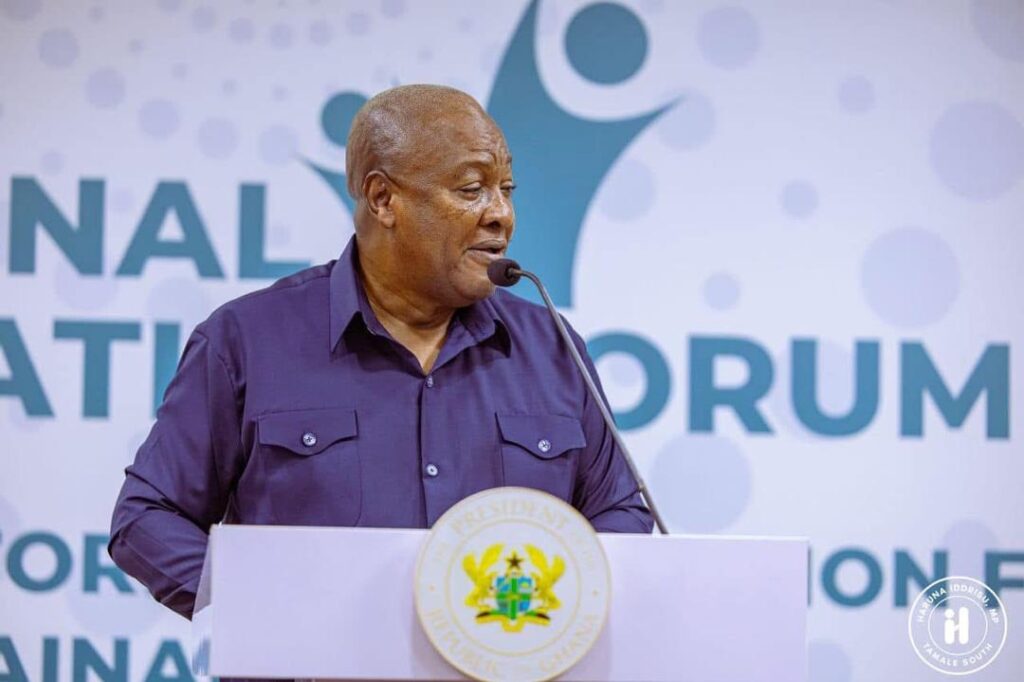
No Academic Fees for First-Year Public Tertiary Students
Another significant promise was the implementation of a No-Academic-Fee policy for all first-year students in public tertiary institutions.
According to Eduwatch, a budget of GHC 499 million has been allocated to this initiative, and implementation has effectively commenced.
A formal programme has been launched, and students are currently applying for reimbursement under this policy.
Eduwatch disclosed that notably, over 8,000 students have so far submitted applications under both the No Academic Fee policy and the Free Tertiary Education for Persons with Disabilities (PWDs).
However, the actual disbursement of funds is yet to begin, pending verification of the applicants.
Due to the progress achieved and the early stage of financial disbursement, Eduwatch awarded a score of 15 out of 20 for this intervention, citing that while the architecture has been laid, the policy’s tangible impact will be measured through eventual disbursement.

Free Tertiary Education for Persons with Disabilities
Closely tied to the previous policy, President Mahama also promised to introduce free tertiary education for persons with disabilities.
Eduwatch noted that the implementation process has officially started, with an application portal launched and active. Students with disabilities are now applying to receive refunds for the current academic year.
Similar to the No Academic Fee policy, the bottleneck at this stage is the disbursement of funds, which is contingent on verification processes.
Again, Eduwatch scored this initiative 15 out of 20, noting the commendable start and the need to ensure that actual financial support reaches the target beneficiaries promptly.
Free Sanitary Pads for Female Basic and Secondary Students
In a bold social intervention aimed at improving menstrual hygiene management and reducing absenteeism among female students, President Mahama pledged the free distribution of sanitary pads to girls in primary and secondary schools.
According to Eduwatch, a budget of GHC 292 million has been allocated, and the programme has officially been launched.
A pilot distribution occurred during the launch phase, but full-scale distribution is yet to commence, primarily because schools had reopened only 48 hours before the update was released.
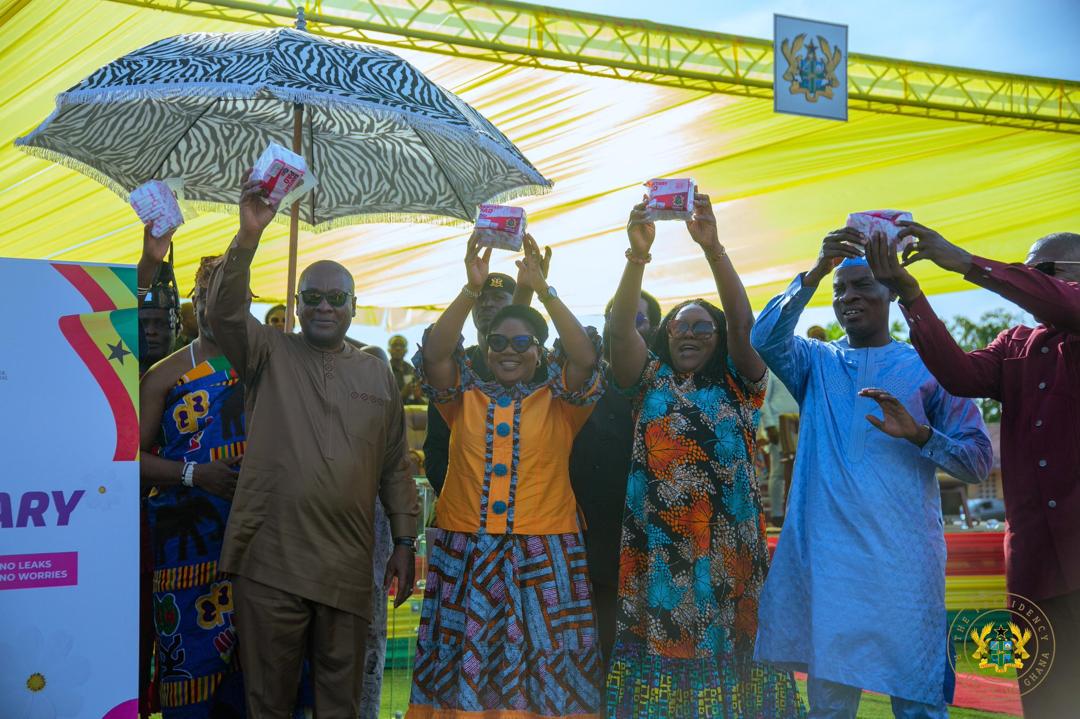
Acknowledging the structural groundwork and pilot implementation, Eduwatch gave this initiative 15 out of 20, expressing cautious optimism that a full rollout will follow once the academic term stabilizes.
Scholarship Bill to Restrict Political Appointees
The final promise under review involved the laying before Parliament of a Bill to streamline government scholarship access and restrict political appointees from benefiting unduly.
According to Eduwatch, the Bill is currently before Cabinet, and the organization itself submitted a formal memorandum in April 2025 to inform its development. However, the Bill is yet to be tabled in Parliament.
Given the progress made in terms of internal government processes and stakeholder engagement, Eduwatch assigned a score of 18 out of 20 for this commitment, noting the importance of seeing the Bill through Parliament for legislative scrutiny and approval.
Eduwatch’s cumulative score for President Mahama’s 120-day social contract on education stands at 81 out of 100—a strong performance by political standards, especially within such a short window.
However, the think tank was quick to note that most of the achievements so far are output- and process-based.
The challenge moving forward is to translate these processes into visible outcomes for beneficiaries.
READ ALSO: IMANI Urges Government to Embed Green Skills in Education




